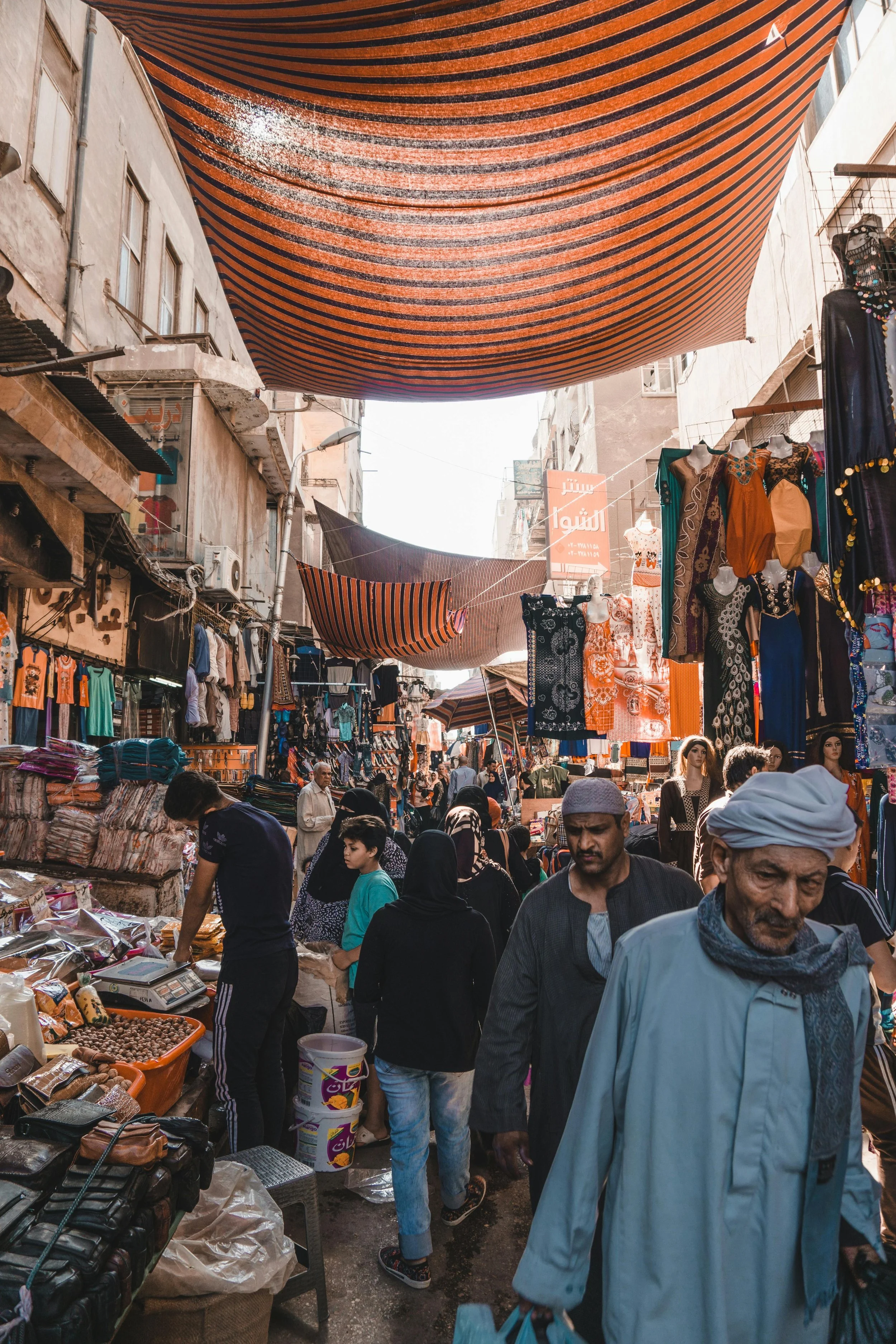
topic
Government
Affairs
—
With expertise across 20+ emerging markets, Botho’s geopolitical and operational insights shape effective development. For over two decades, we have helped governments and industries advance political and regulatory conditions to enhance commercial success.
We help our clients interpret and shape policies, identify new investment opportunities, and develop strategic partnerships and public affairs strategies to advance business goals.
Recent publications
Emerging economies, particularly in Africa, face a $1.3 trillion annual development financing gap, with rising debt service obligations forcing governments to prioritize creditors over citizens. This unsustainable system has perpetuated cycles of dependency and underdevelopment. The creation of the Confederal Bank for Investment and Development (BCID) by the Sahel nations presents a transformative alternative. Funded by tax revenue, BCID offers long-term, counter-cyclical investments that support infrastructure and economic stability. By mobilizing dormant capital and de-risking private sector involvement, BCID can reshape development finance in the Sahel and beyond, breaking the chains of financial dependency and fostering sustainable growth.
Emerging economies, particularly in Africa, face a $1.3 trillion annual development financing gap, with rising debt service obligations forcing governments to prioritize creditors over citizens. This unsustainable system has perpetuated cycles of dependency and underdevelopment. The creation of the Confederal Bank for Investment and Development (BCID) by the Sahel nations presents a transformative alternative. Funded by tax revenue, BCID offers long-term, counter-cyclical investments that support infrastructure and economic stability. By mobilizing dormant capital and de-risking private sector involvement, BCID can reshape development finance in the Sahel and beyond, breaking the chains of financial dependency and fostering sustainable growth.
AfCRA, launching next month, introduces an African lens to credit ratings using region-specific data and socioeconomic indicators. This initiative could unlock up to $15.5 billion, tackle bias against African economies, reduce borrowing costs, and support sectors like infrastructure and healthcare. Read more to discover how AfCRA will reshape Africa’s financial sovereignty and the key factors determining its success.
Air pollution is one of Africa’s deadliest and most under-recognized crises—costing countries like Ghana $1.6 billion annually, nearly 1% of GDP, in lost productivity and pollution-related illness. Yet without robust monitoring, the scale of this emergency remains dangerously invisible. This piece argues that tackling the crisis requires more than cleaner fuels—it demands data-driven systems that can track pollution, guide interventions, and unlock financing. Drawing on lessons from Algeria, Tunisia, and Mauritius, it shows how countries investing in real-time monitoring and transparent reporting are not only improving air quality—but reshaping their development trajectories. Read more here.
African ports are critical to the continent’s economy, handling diverse cargo under different management systems. However, this diversity makes it hard to digitize port operations. While ports like Berbera show the potential for targeted digital upgrades, Africa still lacks a fully integrated port model. In contrast, Japan’s Yokohama port shows how specialization and unified governance simplify digitalization. African ports must invest in shared digital platforms and government-backed policies to compete globally.






